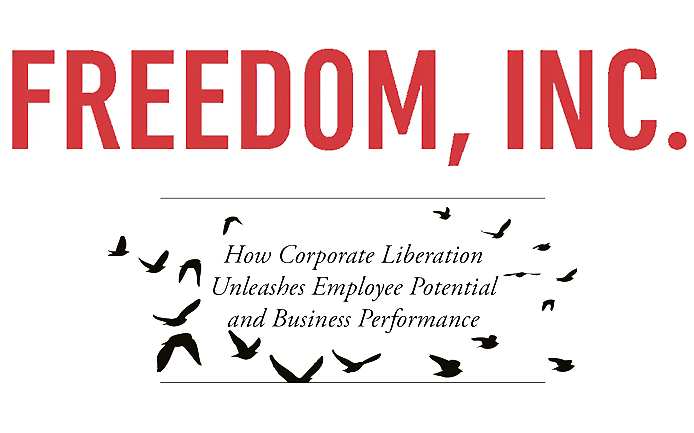 Good leadership listens to lower ranks
Good leadership listens to lower ranks
By Jay Robb
7 DECEMBER 2009
A customer’s waiting in line to rent a car at O’Hare International Airport in Chicago, and losing his patience. The trainee behind the Avis service counter is struggling to get the job done.
“Will you please hurry up,” says the customer. “I’m in a hurry.”
“Give me a break, I’m a trainee,” says the overwhelmed trainee.
“Would you tell me how on earth a training program could pass somebody as clumsy and as ignorant as you seem to be?” asks the customer.
“Well, if you want to hear something really sick, I’m the president of the company,” says Robert Townsend.
When Townsend took the helm of Avis back in 1962, the sleepy company hadn’t turned a profit in 13 years. To turn the company around, Townsend knew he had to change the culture. So he started with his senior management team. His executives had come down with severe case of us versus them.
“Us being the geniuses at headquarters and them being the people in the field in the red jackets who were renting cars and paying our salaries and doing an enormous amount of hard work,” says Townsend.
So at a senior management meeting, Townsend casually mentioned that they were enrolling in the Avis school for rental agents at O’Hare. “There were great screams of rage from these busy executive geniuses.”
Together, they stayed at a motel by the Chicago airport. Wearing big “I’m a trainee” buttons and red jackets, they served customers in the morning. Studied in the afternoon. Wrote tests and did homework at night. And, in the process, gained a new appreciation for front-line staff.
“When we got through that course we were wearing red jackets at headquarters,” says Townsend. “The us-and-them thing was history.”
But that wasn’t all. Based on their personal experience at trainee school, Townsend and his leadership team made it their personal mission to eliminate every work practice that prevented agents from doing their best for customers. Townsend constantly asked front-line staff what made them mad, what took too long, what cost too much, what was too complicated and what was just plain silly. Townsend then acted on what he heard and by 1965 Avis was one of the fastest-growing companies in the United States.
“In just three years he liberated Avis and unleashed the initiative and action of its thousands of employees,” say authors and Wall Street Journal editor Brian Carney and ESCP Europe Business School professor Isaac Getz.
“Townsend and his managers got busy removing the ropes and barnacles that prevented people from showing how fast and how far they could go in their boat.
“This freed them, too, to adjust their sails on the fly when the wind changed.”
Liberating leaders such as Townsend turn “how” companies into “why” companies. Instead of telling employees exactly how to do their work with a mountain of policies, procedure, rules, regulations and an army of policing command and control managers, these crusading CEOs ask a single question.
Why are we doing the work that we’re doing? And does our work align with our strategic priorities? Asking that question frees up and unleashes the individual initiative and risk-taking instincts of every employee. If you want more innovation, more productivity and more engagement, liberate your people.
And according to Carney and Getz, here’s how you do it.
First, stop telling, start listening and strip away all the symbols and practices that prevent your people from feeling intrinsically equal.
Second, openly and actively share your vision for the company so everyone owns it. “Getting people to emotionally own a corporate vision is a long — indeed, never ending — task for a liberating leader,” say the authors. “Fortunately, in freedom-based companies the vision is always world-class, which facilities its acceptance.”
Third, stop trying to motivate staff and instead create a work environment where staff will motivate themselves.
“Provide the climate and proper nourishment and let the people grow themselves,” says Townsend.
“They’ll amaze you.”
And lastly, stay alert. Your No. 1 job is to constantly define, defend and champion the culture and core values of our company. External vigilance is the price of freedom.
The final word on freedom at work goes to William L. McKnight, the legendary CEO of 3M. “If you put fences around people, you get sheep,” said McKnight back in 1924. “Give people the room they need.”







